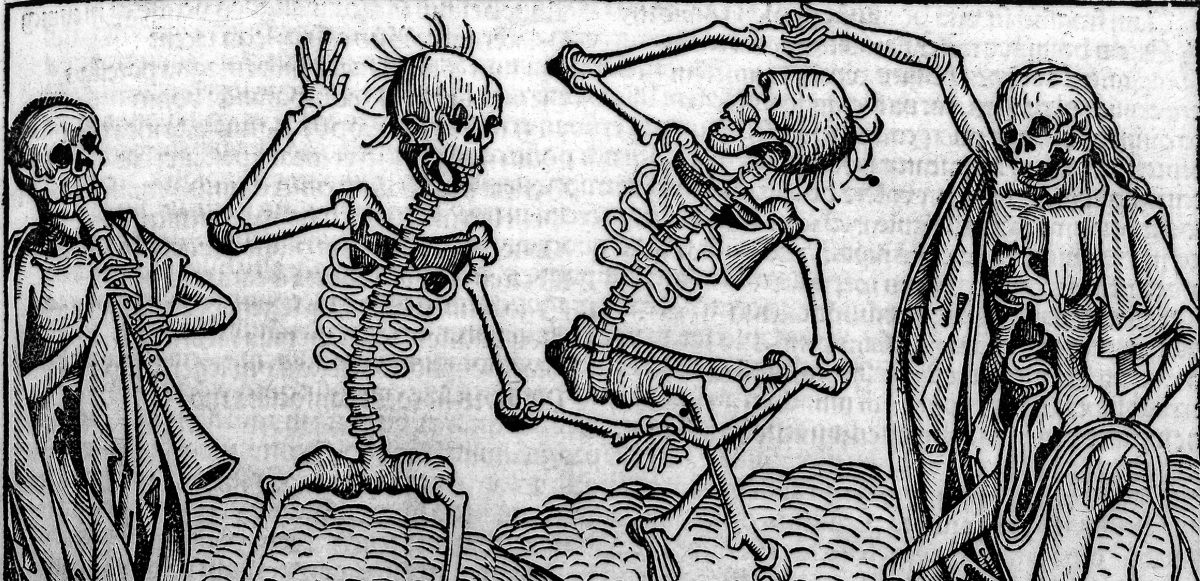 Why would you dismember a corpse? Nancy Caciola wrote a fantastic article for Past and Present (one of my favourite journals) in 1996 suggesting one of the most obvious reasons: to stop it wandering around.
Why would you dismember a corpse? Nancy Caciola wrote a fantastic article for Past and Present (one of my favourite journals) in 1996 suggesting one of the most obvious reasons: to stop it wandering around.
Caciola’s article was one of my first introductions into the world of medieval Revenants: the very physical, shape-shifting dead who can climb out of their graves and tear you to pieces. In a world where we have demons climbing into the fleshy suit offered by the unprotected form of a corpse, we can see why Bonocampagno wrote of the German custom for boiling and dismemberment of corpses. In the 12th Century burning, boiling or dismemberment was a popular solution for corpses who wouldn’t stay in their graves.
It’s equally important to know that medieval theology had a strongly held belief that until a body had dissolved, the soul would be trapped within it. That’s why William of Newburgh writes in detail about the intactness of corpses, like the corpse of a lustful dead husband who crawls into bed with his terrified widow. It’s not a surprise that the body doesn’t find rest until it’s burned to ashes.
Pope Boniface VIII even released a Papal Bull in 1299 against the barbaric practise of French nobles who were having themselves dismembered and interred in several different sites. Surely, such things can only go to illustrate the terrible decadence of the French? Continue reading “The Superstition and Politics behind medieval corpse dismemberment.”
